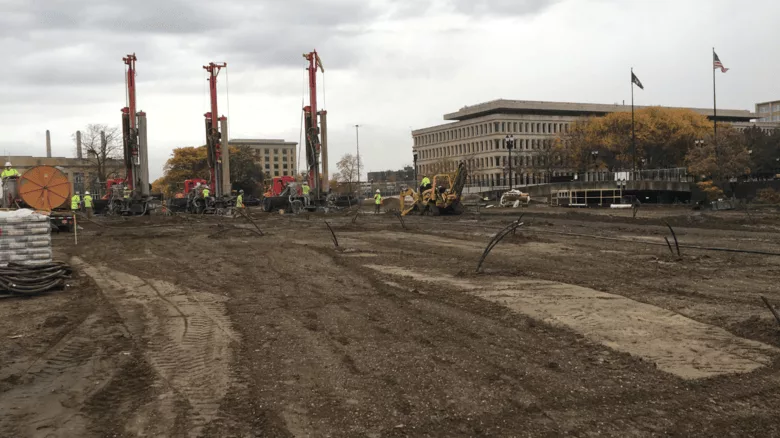Don’t Tell Me How to Do My Job
The Problem with Overly Prescriptive Requests

Image Courtesy of Midwest Geothermal
Too often, proposal requests (RFP, RFQ, ITB, whatever acronym you prefer) read more like step-by-step drilling manuals than actual project goals. Why? Because someone had a bad experience with another contractor and now believes the only way to avoid disappointment is by micromanaging every detail. I get it—bad experiences drive people to tighten control. But the irony is that these rigid directives actually make projects more expensive, less efficient, and harder to execute.
“How could it possibly cost this much?”
No, the problem isn’t the cost—it’s the way you structured your request. Instead of outlining clear goals and constraints, you dictated exactly how I should do my job, down to the size and manufacturer of the mud pump. And because your directives don’t account for real-world execution, I end up modifying or renting equipment to fit your plan, and those extra costs? They get passed right back to you—with a markup.
If you’re telling me exactly how to drill the well instead of defining what success looks like, you’re taking ownership of the process—without the expertise to back it up. And when things inevitably don’t go as planned, I already know what’s coming: a stack of change orders, extra costs, and delays.
A Better Way to Approach Project Planning
Instead of dictating every detail, consider a different approach:
- Choose a trusted provider – Find a contractor with a solid reputation and proven experience.
- Define project goals and constraints – Tell us what you need to achieve, what challenges exist, and any non-negotiable factors.
- Let us propose a solution – Give us the flexibility to develop a plan that delivers results efficiently and cost-effectively.
This approach creates buy-in, something that’s critical to a successful project. When people have a say in the plan, they’re invested in making it work. But if you hand me a list of rigid directives, my first instinct is to figure out why they won’t work. And when they don’t? We’ll be discussing change orders instead of progress.
The Bigger Picture: The Future of Geothermal
This isn’t just about one project, it’s about the long-term health of the industry. Geothermal has massive potential, but if we keep getting bogged down by inefficiency, unnecessary costs, and overcomplication, we’ll struggle to scale.
If we want the industry to grow without stepping on toes or wasting time, we need to rethink how we approach engineering and execution. Trust expertise, focus on outcomes, and stop making everything harder (and more expensive) than it needs to be. Because at the end of the day, your plan might work—but my plan will be better.
And if it’s not? I’ll own it, adjust, and get us back on track on Monday. That’s what real problem-solving looks like.
Looking for a reprint of this article?
From high-res PDFs to custom plaques, order your copy today!



